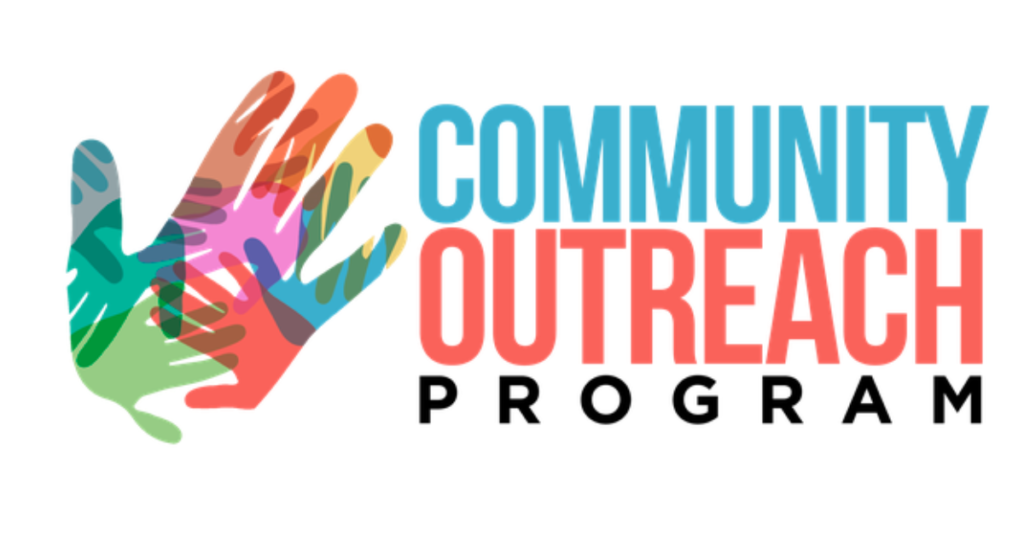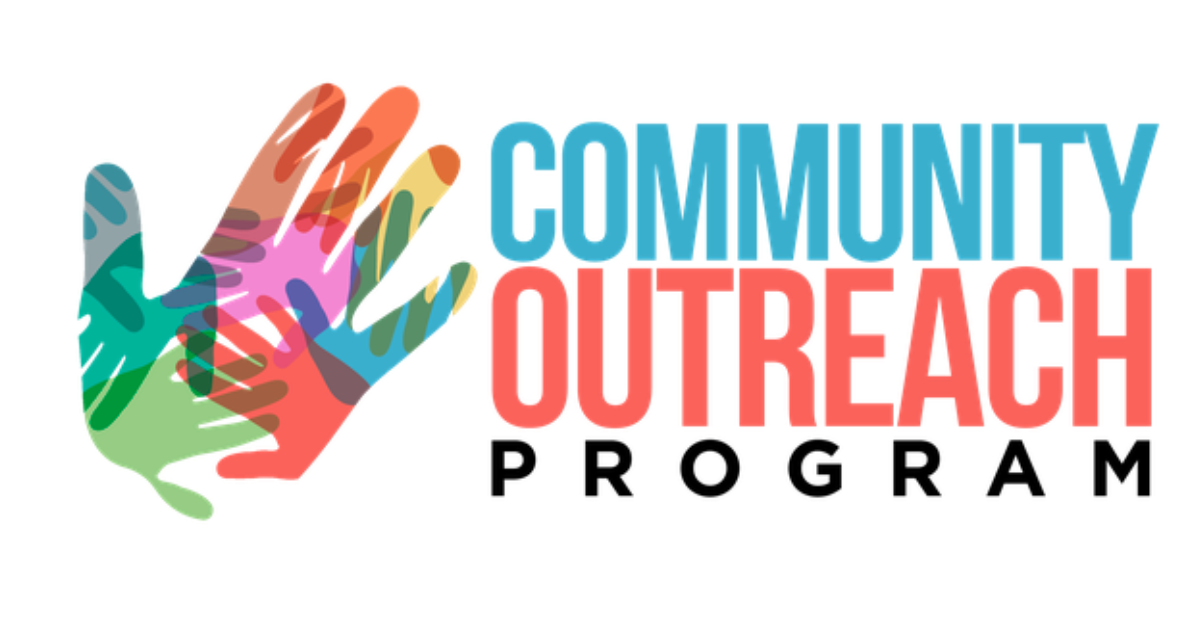Community outreach programs are essential initiatives that universities undertake to engage with and positively impact their surrounding communities. These programs serve multiple purposes, from providing valuable resources to local residents to fostering partnerships that benefit both the university and the community. In this article, we will explore the significance of university community outreach programs, their various forms, and the ways they enrich both students and the communities they serve.

The Importance of Community Outreach
Community outreach plays a vital role in enhancing the relationship between universities and their surrounding communities. These programs help to bridge the gap between academic knowledge and real-world application, allowing students and faculty to apply their skills in meaningful ways. Additionally, outreach efforts help to address local needs, whether they be educational, health-related, or social, fostering a sense of mutual respect and cooperation.
Moreover, community outreach initiatives allow universities to fulfill their mission of public service and social responsibility. By investing time and resources into the community, universities demonstrate their commitment to making a difference, which can enhance their reputation and attract prospective students who value community engagement.
Types of Community Outreach Programs
University community outreach programs come in various forms, catering to the diverse needs of local populations. Here are some common types of outreach initiatives:
1. Educational Programs
Educational outreach programs aim to enhance learning opportunities for local residents, particularly youth. Universities may offer tutoring, mentoring, or after-school programs to support students in underserved areas. These initiatives not only help improve academic performance but also inspire students to pursue higher education.
2. Health Services
Many universities, particularly those with medical and health programs, provide health services to the community. These may include free or low-cost clinics, health screenings, immunization drives, and health education workshops. By addressing health disparities and promoting wellness, universities contribute to the overall health of the community.
3. Volunteer Programs
Volunteering is a crucial aspect of community outreach. Universities often organize volunteer programs that connect students with local non-profits, schools, and community organizations. These programs allow students to gain practical experience while making a positive impact. Volunteering not only benefits the community but also enhances students’ leadership skills and civic responsibility.
4. Environmental Initiatives
Sustainability and environmental stewardship are increasingly important concerns for universities. Community outreach programs focusing on the environment may involve organizing clean-up days, tree planting, recycling drives, and educational workshops about sustainability practices. These initiatives promote environmental awareness and encourage community members to adopt eco-friendly habits.
5. Cultural Exchange and Engagement
Cultural outreach programs celebrate diversity and promote understanding among different cultural groups. Universities may host events, workshops, or festivals that showcase various cultures, fostering dialogue and appreciation among community members. These initiatives enrich the community’s cultural fabric and help break down barriers.
6. Research and Advocacy
Many universities engage in research that addresses local issues, such as poverty, education, and public health. By collaborating with community organizations, universities can apply their research to create actionable solutions. Additionally, universities often advocate for policies that benefit the community, leveraging their expertise and resources to influence local governance.
Benefits for Students
Participating in community outreach programs offers numerous benefits for university students. These programs enhance their academic experience and provide opportunities for personal and professional growth.
1. Practical Experience
Community outreach allows students to apply their classroom knowledge in real-world settings. This practical experience is invaluable, particularly for students in fields such as education, social work, healthcare, and public policy. Students develop essential skills, such as problem-solving, communication, and teamwork, which are highly sought after by employers.
2. Networking Opportunities
Outreach programs often connect students with professionals, community leaders, and local organizations. Building these networks can open doors to internships, job opportunities, and mentorship relationships. Establishing connections within the community enhances students’ professional prospects and prepares them for future careers.
3. Personal Growth
Engaging in community service fosters a sense of empathy and social responsibility. Students involved in outreach programs gain a deeper understanding of the challenges faced by marginalized communities. This awareness promotes personal growth, helping students develop a more well-rounded perspective on societal issues.
4. Enhanced Job Market Competitiveness
Employers increasingly value candidates with experience in community engagement and social responsibility. Participating in outreach programs can set students apart in the job market, showcasing their commitment to making a difference and their ability to work collaboratively in diverse settings.
Challenges of Community Outreach Programs
While university community outreach programs are essential, they are not without challenges. Understanding these challenges can help universities design more effective initiatives.
1. Resource Limitations
Many outreach programs face budget constraints and limited resources, which can hinder their effectiveness. Universities need to allocate sufficient funding and support to sustain these initiatives and ensure they can meet community needs.
2. Community Trust
Building trust with community members can be a slow process. Universities must approach outreach with humility and a willingness to listen to the community’s needs and concerns. Effective communication and genuine engagement are crucial in fostering lasting relationships.
3. Student Participation
Encouraging student participation in outreach programs can be challenging, particularly in a fast-paced academic environment. Universities must promote the value of community service and provide flexible options that fit students’ schedules and commitments.
4. Measuring Impact
Assessing the impact of community outreach programs can be complex. Universities need to develop metrics to evaluate the effectiveness of their initiatives and make data-driven decisions to enhance their programs continually.
Best Practices for Successful Outreach Programs
To maximize the effectiveness of community outreach initiatives, universities can adopt several best practices:
1. Needs Assessment
Conducting a needs assessment is crucial for understanding the specific challenges faced by the community. Engaging community members in this process ensures that outreach programs are relevant and responsive to local needs.
2. Collaboration
Collaboration with local organizations, businesses, and government agencies can enhance the reach and effectiveness of outreach programs. By leveraging existing resources and expertise, universities can create more comprehensive solutions to community challenges.
3. Training and Support
Providing training and support for students involved in outreach programs is essential. Equipping students with the necessary skills and knowledge helps them engage effectively with community members and navigate complex social issues.
4. Continuous Evaluation
Regularly evaluating outreach programs allows universities to identify areas for improvement and measure impact. Gathering feedback from community members and participants can inform program adjustments and ensure continued relevance.
5. Celebrate Successes
Recognizing and celebrating the successes of outreach programs fosters motivation and encourages continued participation. Universities should highlight the positive outcomes of their initiatives, showcasing the difference they make in the community.
Conclusion
University community outreach programs play a crucial role in building strong, supportive relationships between academic institutions and their surrounding communities. These initiatives not only benefit the community but also enhance the educational experience for students, preparing them to be engaged citizens and future leaders. By prioritizing outreach efforts and addressing the challenges that arise, universities can create impactful programs that foster social responsibility, mutual respect, and community resilience. As universities continue to navigate the evolving landscape of higher education, their commitment to community outreach will remain a cornerstone of their mission, ensuring they contribute positively to society while enriching the lives of students and community members alike.
